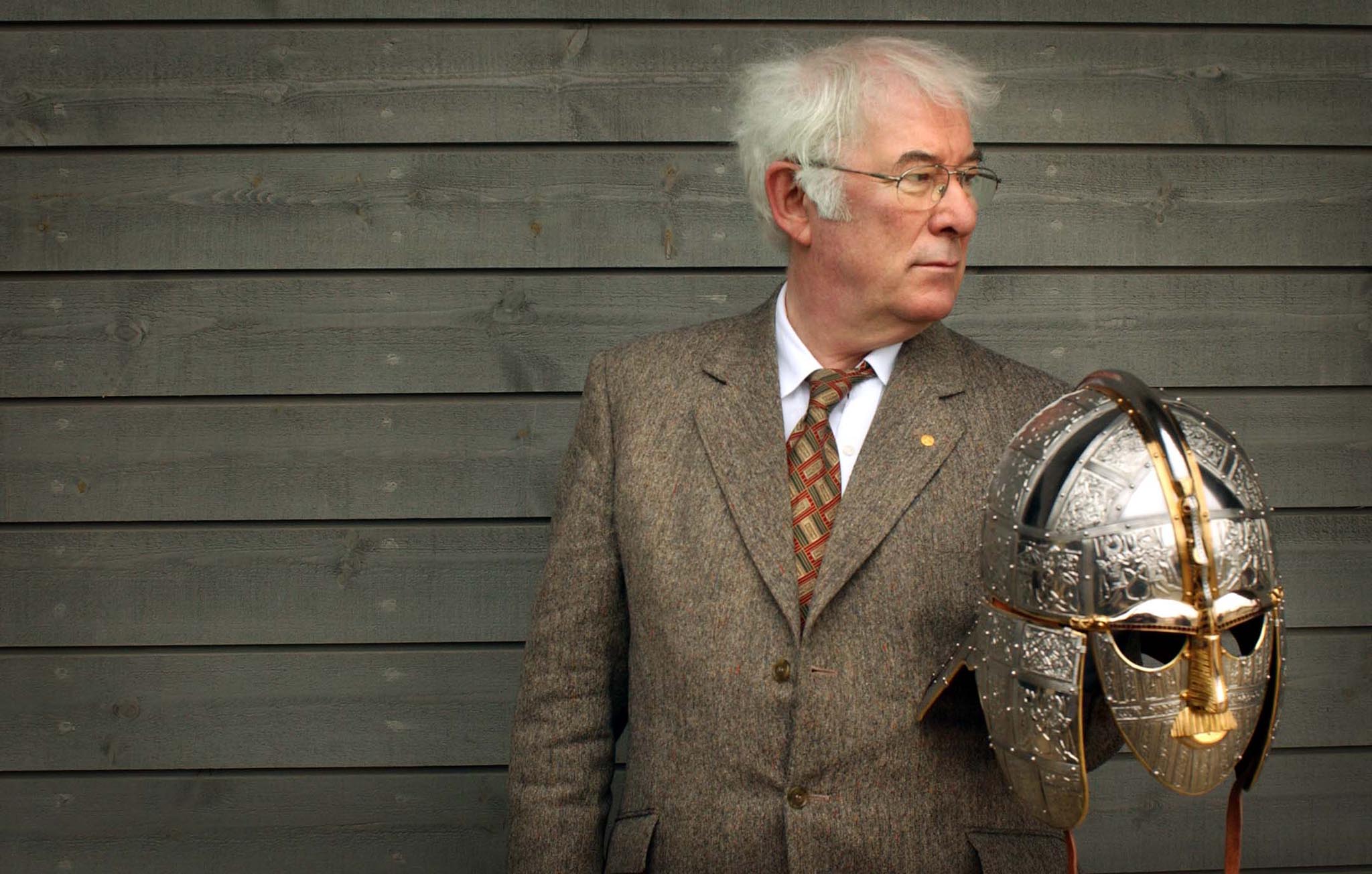Listen! Beowulf opening line misinterpreted for 200 years
The opening line 'Listen!' is not a proclamation and should not have an exclamation mark, according to new research

It is perhaps the most important word in one of the greatest and most famous sentences in the history of the English language.
Yet for more than two centuries “hwæt” has been misrepresented as an attention-grabbing latter-day “yo!” designed to capture the interest of its intended Anglo-Saxon audience urging them to sit down and listen up to the exploits of the heroic monster-slayer Beowulf.
According to an academic at the University of Manchester, however, the accepted definition of the opening line of the epic poem – including the most recent translation by the late Seamus Heaney - has been subtly wide of the mark.
In a new paper, Dr George Walkden argues that the use of the interrogative pronoun “hwæt” (rhymes with cat) means the first line is not a standalone command but informs the wider exclamatory nature of the sentence which was written by an unknown poet between 1,200 and 1,300 years ago.
According to the historical linguist, rather than reading: “Listen! We have heard of the might of the kings” the Old English of “Hwæt! We Gar-Dena in gear-dagum, þeod-cyninga, þrym gefrunon, hu ða æþelingas ellen fremedon!” should instead be understood as: “How we have heard of the might of the kings.”
Dr Walkden said his conclusion – based on the positioning of the word relative to the verb within 141 other clauses studied – would put him at odds with the conventional wisdom on the subject.
“I’d like to say that the interpretation I have put forward should be taken into account by future translations,” he said.
The new translation could also cast light on those that might have been listening in the flickering light of the ancient campfires to the daring tale.
“It shows that perhaps the Anglo-Saxon audiences were better behaved than we thought because it doesn’t say `Oi you, listen to this!’” Perhaps they were more appreciative,” he added.
The confusion is believed to date back to Jakob Grimm, one of the Grimm Brothers, who wrote in 1837 that “hwæt” was a “pure interjection”.
Since then it has variously been translated as “What ho!” “Hear me!” “Attend!” “Indeed!” and more recently “So!” by Seamus Heaney in 2000.
This is despite the research suggesting that the Anglo Saxons made little use of the exclamation mark or indeed much other punctuation beyond the full stop or the occasional semi colon.
Although its origins as a folk story brought to England by the pre-Christian Germanic tribes are largely unknown, the poem became an object of academic and popular interest when it was first published in 1815 by the Scandinavian scholar Grímur Jónsson Thorkelin.
Since then translators have battled to remain faithful to the narrative of the alliterative verse whilst maintaining the drama and beauty of the original language.
“It is a great story if you like dragons, sea monsters, royalty or people getting their arms ripped off. It is an all action adventure. It is also a story of the different stages in the life of a man. There is the young Beowulf, the middle and the old and how he responds differently, especially in his third phase,” said Dr Walkden.
“Our understanding of Beowulf and its language is hugely important: it tells us where we come from and how much we’ve changed,” he added.
Join our commenting forum
Join thought-provoking conversations, follow other Independent readers and see their replies
Comments